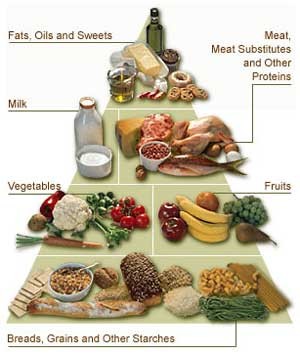

During this era, there was a greater emphasis on gut signaling and its influence on appetite and feeding. The other half entails portion size, and this is where the field moved during the 1970’s through the 2000’s. This is not surprising given that eating frequency is only half of the equation that defines total energy intake. This set of theories lost favor, in part, because their predictive power for energy intake was limited.
#DEFINE MACRO NUTRIENTS DRIVER#
It follows that eating frequency was then viewed as the primary driver of energy intake. Indeed, federal dietary recommendations emphasized obtaining enough energy ( 201). The sensation is termed “hunger.” The emphasis on hunger and meal initiation was logical at the time when overweight/obesity was not a health concern. Hence, regulation of energy intake was largely based on a signal that initiated an eating event. Each of these views was based largely on a model where a decrease of one of the nutrients or a metabolite signaled the need for increased energy intake. In the period from the 1950’s –1970’s the emphasis was on metabolism, with the proposal of glucostatic, aminostatic and lipostatic theories predominating. The boundaries between them are not distinct and elements of each are relevant in the present, but it is argued that there has been a transition of views about the role played by each macronutrient. It is proposed that there were three eras over this interval ( Figure 1). This review will consider the progression of thinking about the roles of proteins, fats and carbohydrates on appetitive sensations and feeding since the middle of the last century. It is well known that the energy yield from each macronutrient differs, but a key question is whether the unique properties of proteins, fats and carbohydrates hold particular implications for energy balance. There are clearly different health implications of diets that emphasize one macronutrient over another (a topic where consensus is still elusive), but from a body weight perspective, energy is the common denominator. Body weight can be gained, lost or maintained on diets varying in macronutrient composition ( 142, 156). One area of agreement is that body weight is a function of energy balance, and there is evolving acceptance that this is truly based on energy itself rather than its source. With imperfect knowledge of the function of human somatic cells and growing recognition of the contribution of genetics, epigenetics, the gut microbiome and probabilistic behavioral inputs, establishing cause and effect, let alone best practices for individuals and populations, is problematic. Tracking both macronutrients and micronutrients can help ensure you're eating a healthy, balanced diet.Consensus is difficult to achieve on most topics in the field of nutrition and the target seems to be retreating. It's also important to make sure you get enough micronutrients from foods like fruits and vegetables. But be careful not to eat too many, or you could put on weight.
#DEFINE MACRO NUTRIENTS FULL#
He also says macronutrients in food help you to feel full because we eat them in large amounts. "We need both macronutrients to help with energy, and we need micronutrients to help our body be healthy and digest those macronutrients," Dr. He says macronutrients are foods we measure and eat in grams because our bodies need a lot of them, while micronutrients are often measures in micro- or milligrams, because our bodies don't need quite as much.īoth categories of food are important to your health but for different reasons.


Micronutrients are the ones we need in small amounts, like vitamins and minerals." "So what are the big nutrients? Like fats, carbohydrates and proteins. Journalists: Broadcast-quality video pkg (1:00) is in the downloads.


 0 kommentar(er)
0 kommentar(er)
